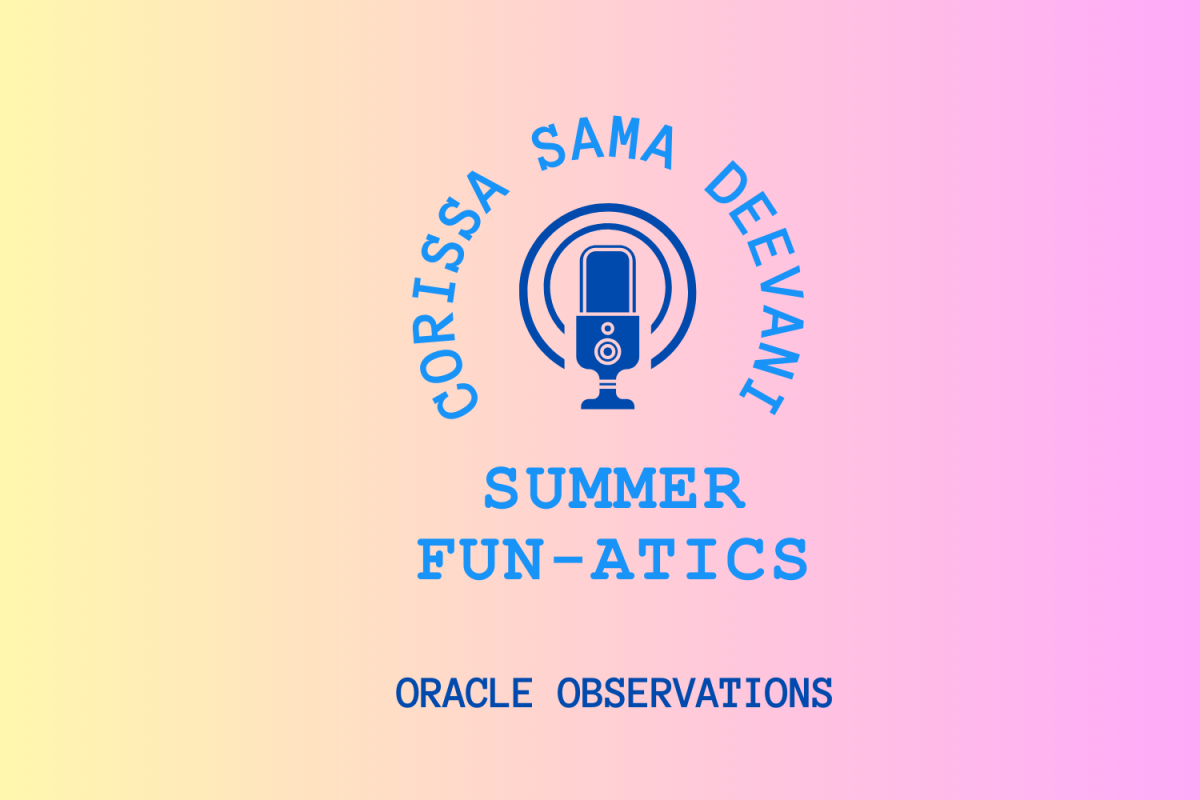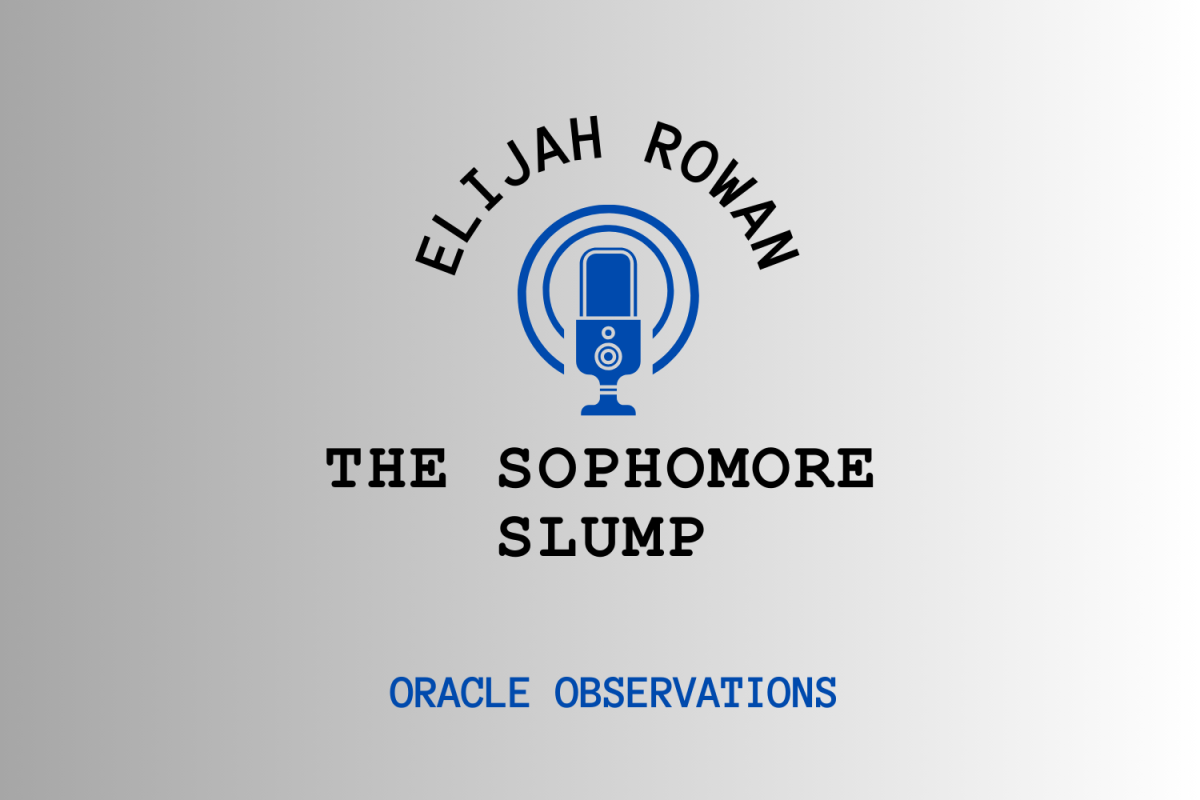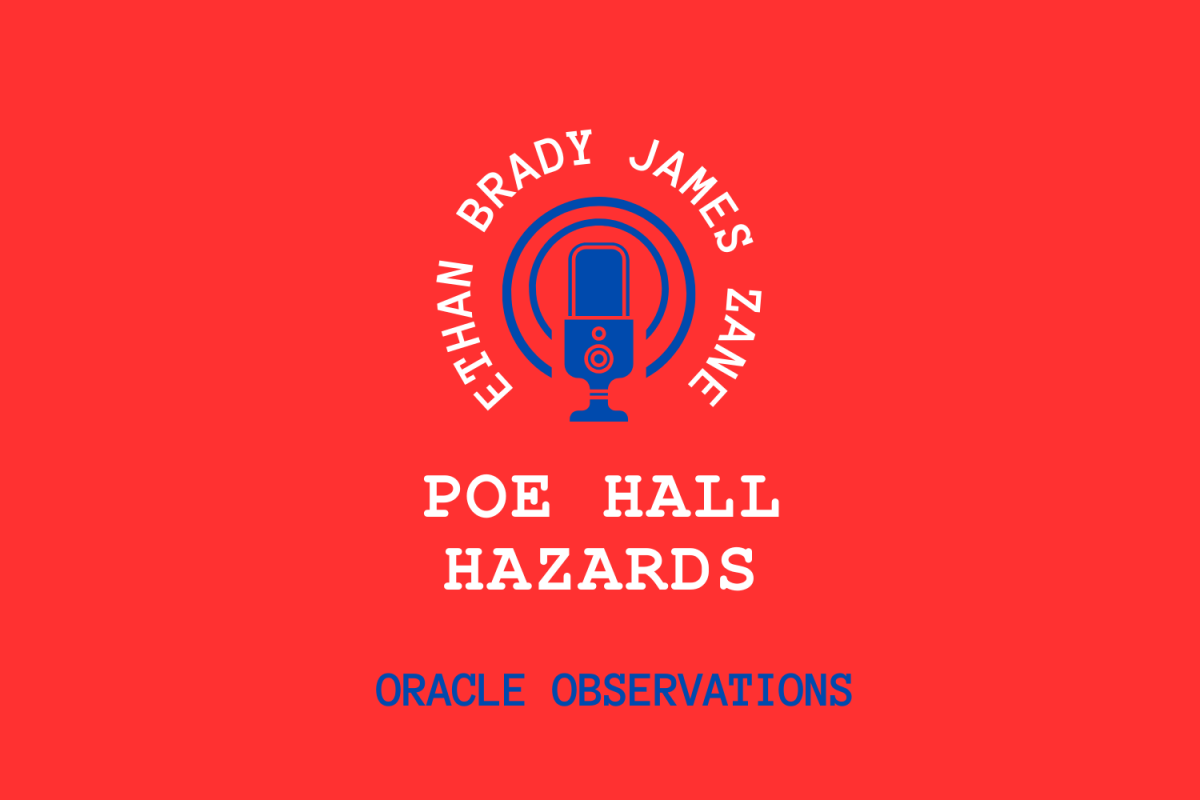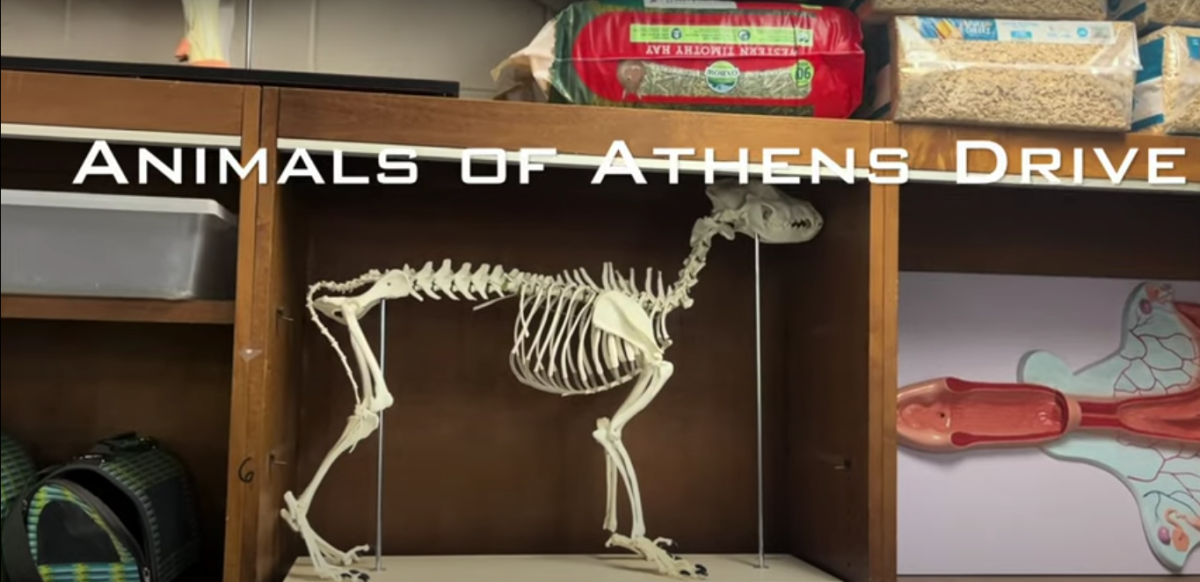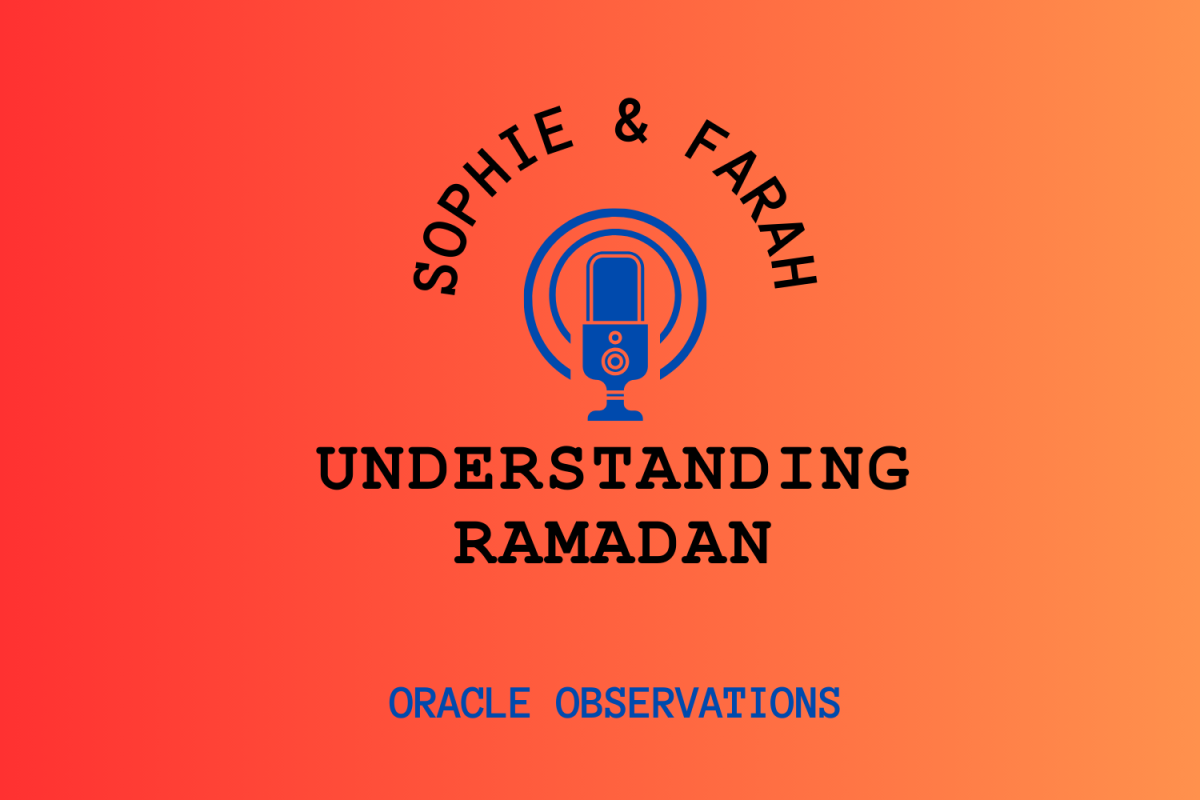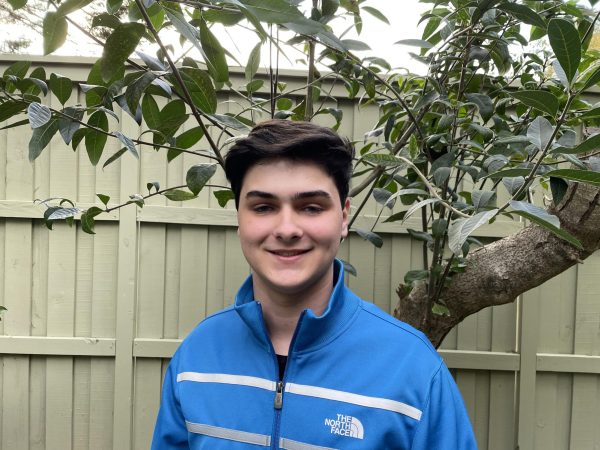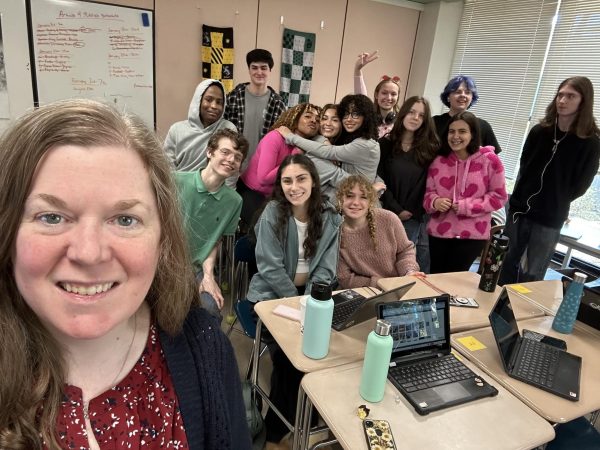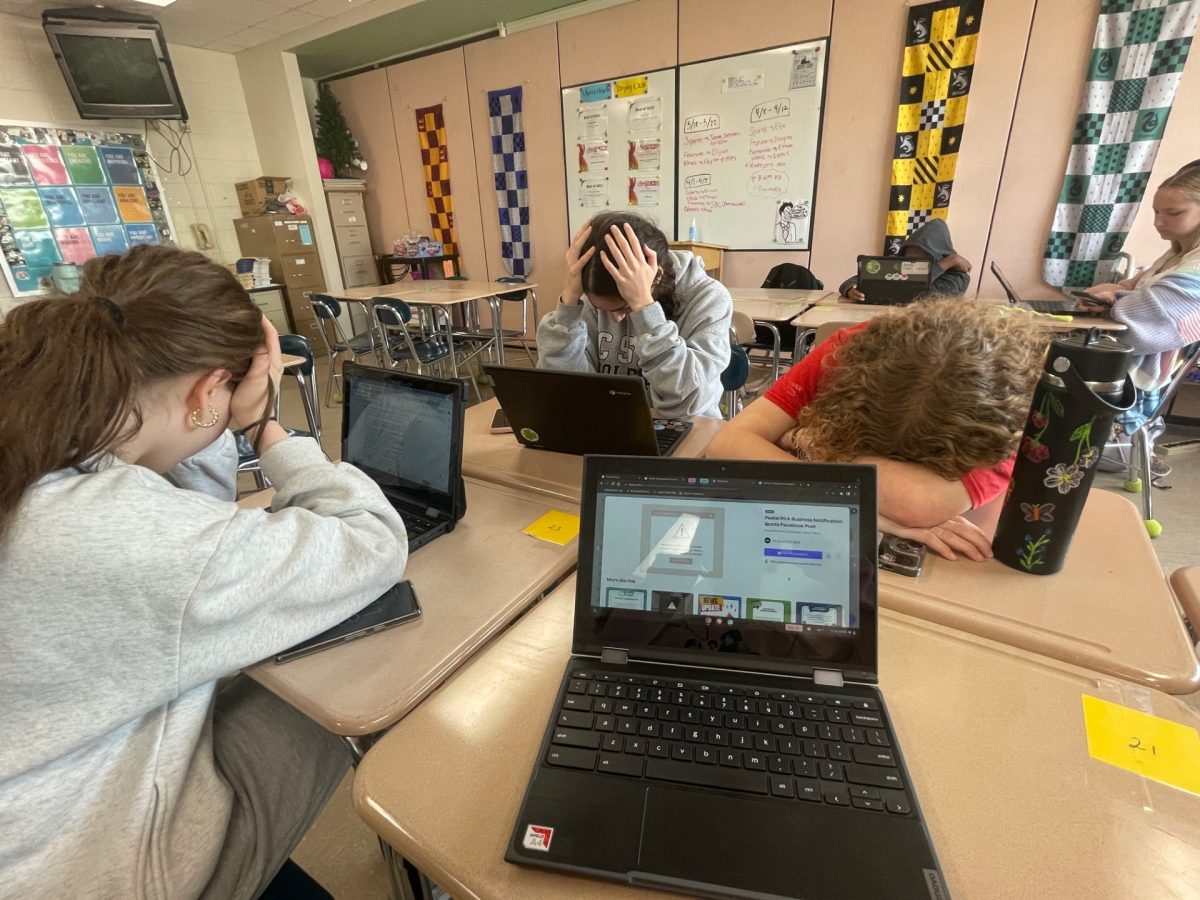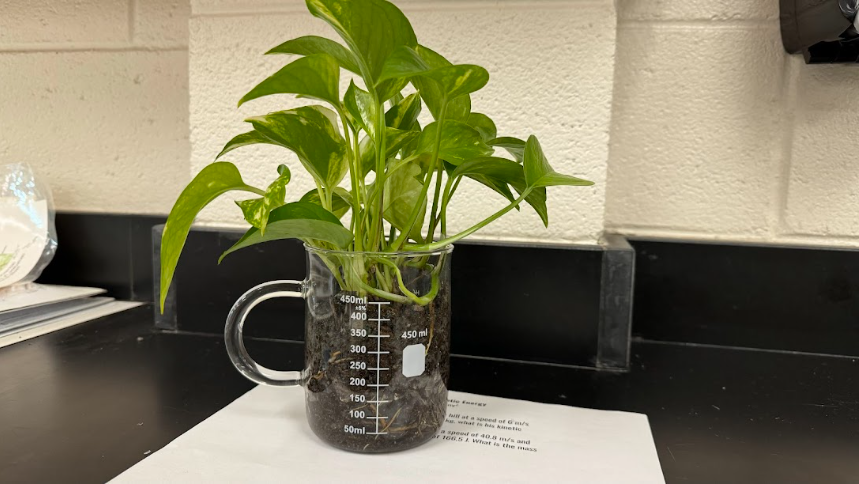
Medical Operations Squadron molecular technologist uses a robotic sampler at the 81st Medical Operations genetic center.
In November 2018, He Jiankui reported that he had been the first to successfully edit the genes of two human babies who would have been born with HIV to be resistant to the disease using with a technique called CRISPR Gene Editing. However, his experiment has caused an uproar in the scientific community and has raised questions on the ethicality of the CRISPR gene treatment.
CRISPR also known as CRISPR-Cas9 is an enzyme skilled in its ability to cut strands of DNA much like a pair of scissors ability to cut pieces out of paper. However, do not be confused by this comparison, CRISPR has made a revolutionary leap in genealogy in reach. Researchers have found that CRISPR-Cas9 can be wielded to cut out certain genes in DNA strands, and the holes left by the cut out gene can be substituted with additional genes. In brief, this protein has the ability to theoretically manipulate genes and to edit the human DNA.
Not only can CRISPR-Cas9 be used to alter human DNA, it can also be used to alter the nutritiousness of crops, it can essentially modify the genes of certain species and it can help create more effect antibiotics and vaccines.
However, the most debated use of this protein is its possible use on humans. There are many benefits to the possible use of CRISPR to alter human DNA. For example, scientists could theoretically use this enzyme to target the gene in an individual’s DNA that is the root for Huntington’s disease. The enzyme could cut out the gene impacted and replace with one that does not lead to Huntington’s. CRISPR-Cas9 can gift scientists with the ability to eradicate the passing on of certain genetic diseases or defects, which could keep parents from unintentionally passing on the genes that could make their child acquire incurable genetic diseases or debilitations.
Despite CRISPR-Cas9’s possible benefits, its development raises some massive ethical red flags including the possibility of the gene producing off target effects. What scientists adjust in one gene could have possible unseen implications for other genes in DNA. The issue with this is that just not enough research has been done on what the effect gene editing can be on DNA as a whole. Research has only recently begun and it is not possible to be completely sure about anything yet.
However, CRISPR possible off target effects is not the only thing that has the scientific community feeling cautious. Scientists are also concerned about the future use of CRISPR as it improves, specifically about its usage moving from being motivated by health and safety, to purely superficial concerns, such as that of designer babies.
For example, CRISPR has almost unlimited uses in regards to human DNA. It could keep a child from developing a genetic disease, it could keep them from being born blind, but it can also be used superficially, for example, to increases a child’s athleticism. Not only would this give the child an unfair advantage but it also raises the concern of informed consent.
Due to the unknown benefits and consequences of gene editing, the children this might be done to would basically be part of a long-term science experiment that they did not give their consent to be in. This is especially unethical because the long-term effects of gene editing, so the deliberate modification of DNA could possible cause more damage than it prevents. Which is why He Jiankui was confronted with overwhelming disapprovement by his fellow scientists and the scientific community as a whole.
While the use of CRISPR-Cas9 as a gene editing tool, is a revolutionary idea that has the chance of being extremely beneficial to humans, it also has the chance of causing unknown damage to an individual. Due to this, it currently should be seen as unethical to implement. However, there is always room to improve. Further research should have been done before He Jiankui tried the technique out. The use of CRISPR-Cas9 needs to be heavily monitored to avoid scientists abusing its uses, but once significant research has been done and rules and guidelines are in place, CRISPR could make a significant positive impact on society.

